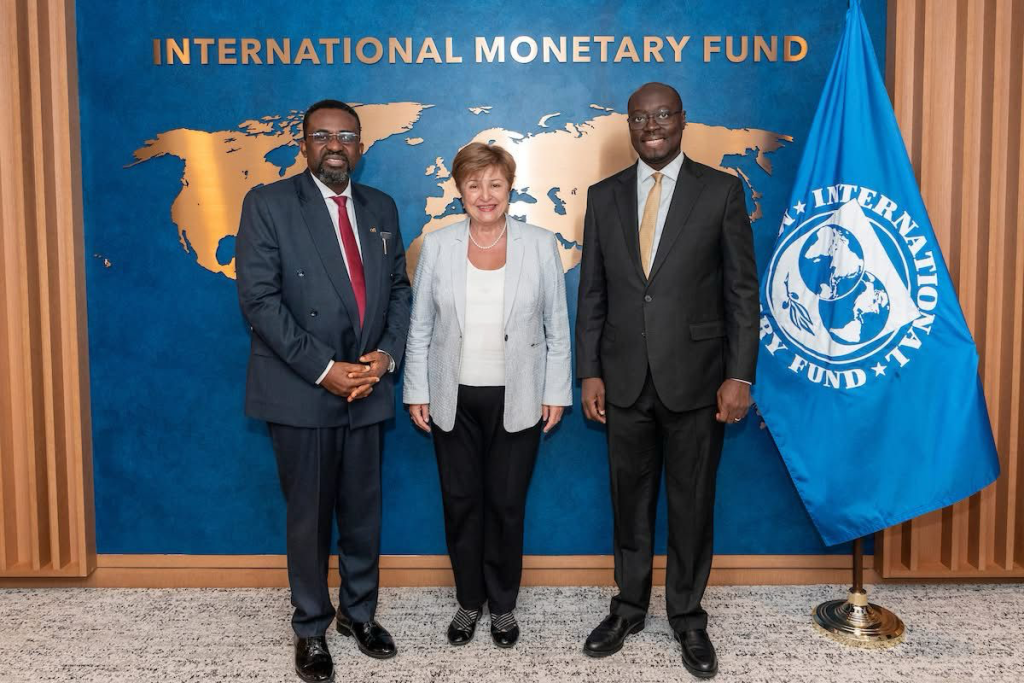The First Deputy Governor of the Bank of Ghana (BoG), Dr Zakari Mumuni, says Ghana has already exceeded the ambitious reserve target set under the IMF programme.
He said this is one of the clearest signs the economy is recovering.
“If there is one thing under the IMF programme that we have done well as a country, it is reserves accumulation,” he said.
“These were very ambitious targets. Anybody would have doubted if we could achieve them.”
He told Joy News’ George Wiafe on PM Express Business Edition on Thursday that Ghana has gone beyond the final benchmark set by the IMF.
“You know the target. The target at the end of the programme period is three months of import cover. We are above that. We’re around 3.7 months using the IMF metric,” he said.
He added that the numbers look even better when you include Ghana’s petroleum funds.
“If you look at it broadly, including the petroleum funds, which also belong to Ghana, we are even at 4.7 months of import cover,” Dr. Mumuni stated.
He said this performance shows careful planning and strong reserve management.
“This tells you we’ve devised very innovative ways of meeting market demand while still accumulating buffers,” he explained.
According to him, the central bank has been strategic in balancing its foreign exchange interventions.
“Whatever we are doing is now weighted more towards reserve build-up rather than just market support,” he said.
“We are meeting market demand without affecting our reserves.”
Dr Mumuni rejected suggestions that the central bank is burning reserves to defend the cedi.
“Unfortunately, if that were the case, very smart market players would have read into it. The rally would be short-lived,” he said.
Instead, he said the market is responding positively because the reserve growth is real and organic.
“On the contrary, we are accumulating reserves much faster than anticipated. These are not debt-creating reserves,” he said.
“These are organically accumulated reserves. And they’re high.”
Dr Mumuni disclosed that by the end of April, Ghana’s reserves were already over $10 billion.
“We even expect that number to hit some $11 billion by the end of the second quarter,” he revealed. “This is far in excess of what is expected under the IMF programme.”
He said this performance is one of the reasons the cedi is showing resilience.
“That’s what’s giving a lot of confidence in the system,” he said. “That’s why the market believes this can be sustained.”
Dr Mumuni believes this signals a turning point.
“This time is different,” he said.
DISCLAIMER: The Views, Comments, Opinions, Contributions and Statements made by Readers and Contributors on this platform do not necessarily represent the views or policy of Multimedia Group Limited.
DISCLAIMER: The Views, Comments, Opinions, Contributions and Statements made by Readers and Contributors on this platform do not necessarily represent the views or policy of Multimedia Group Limited.


